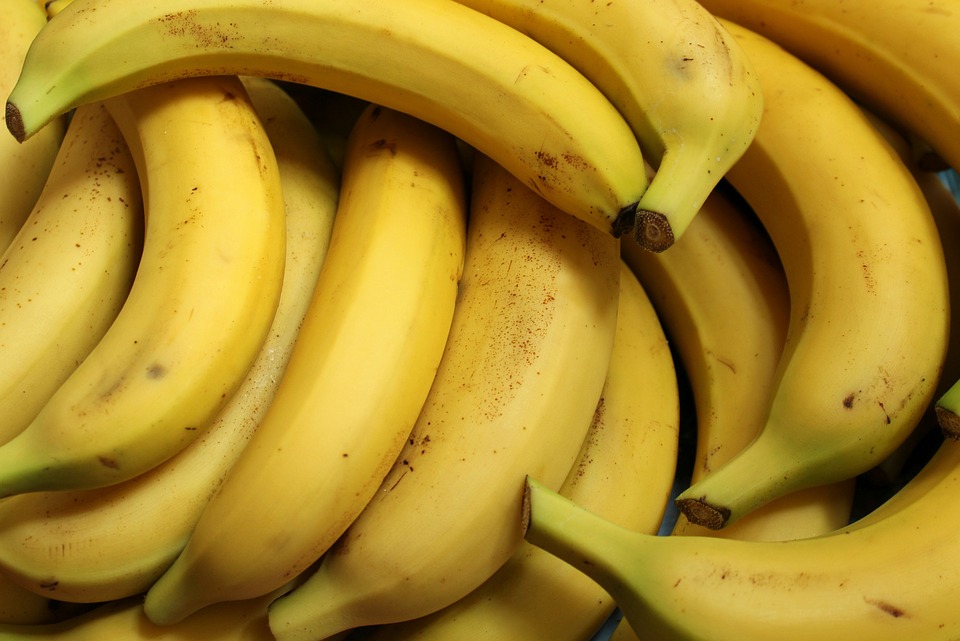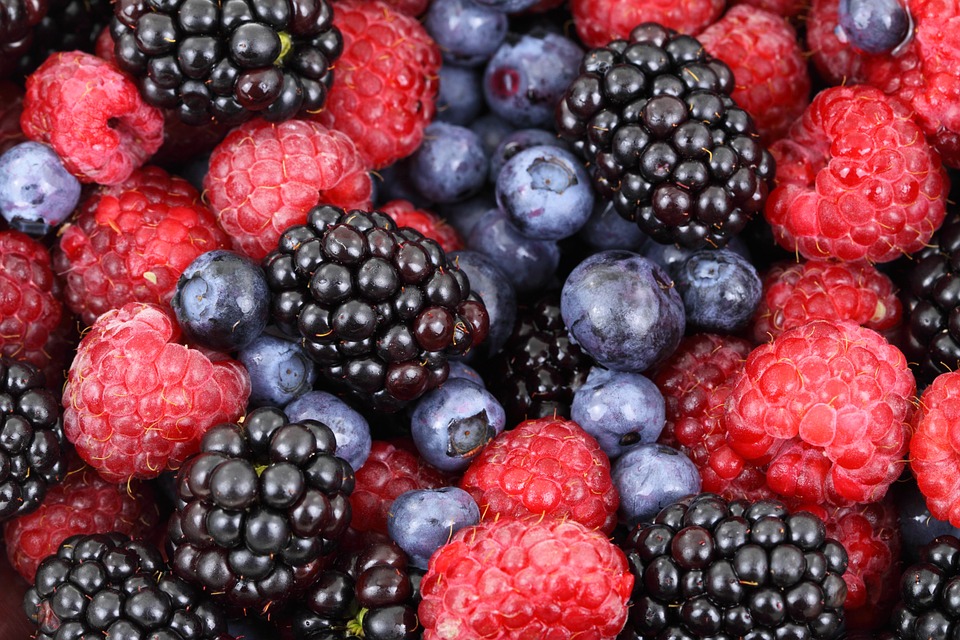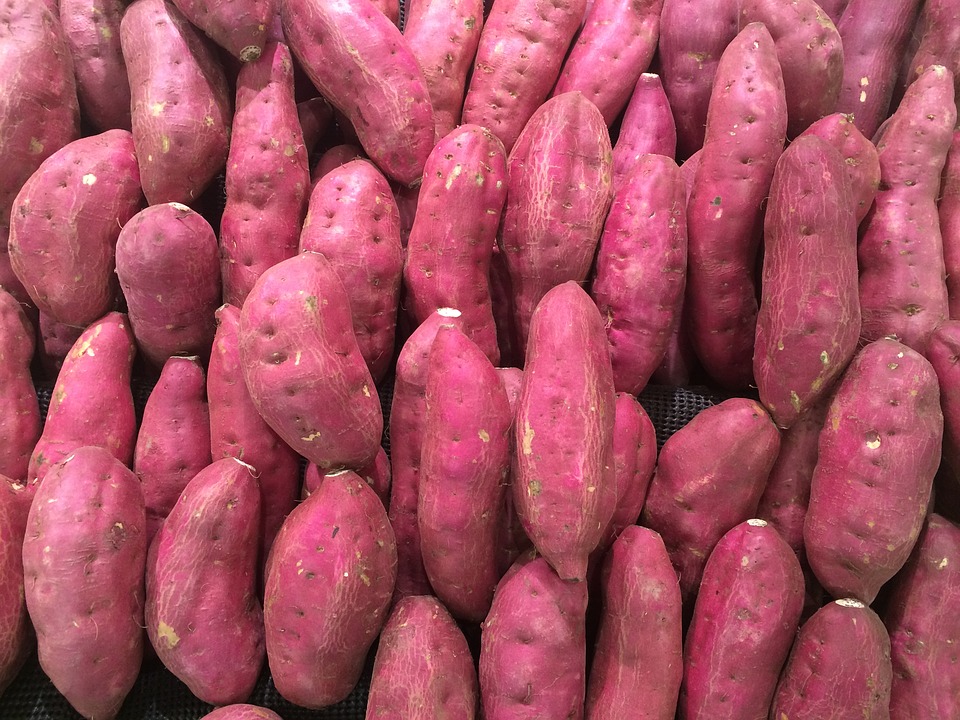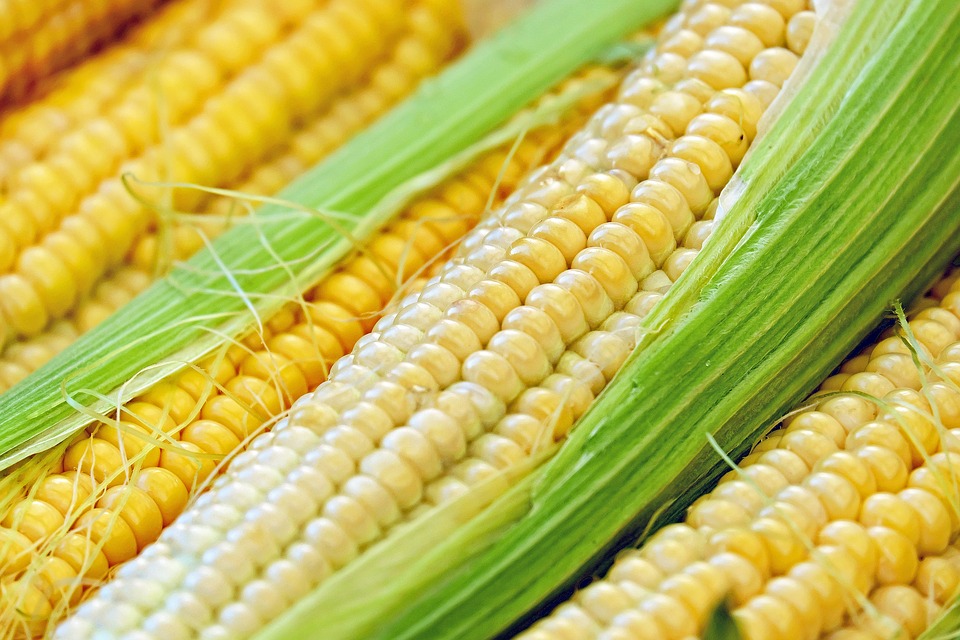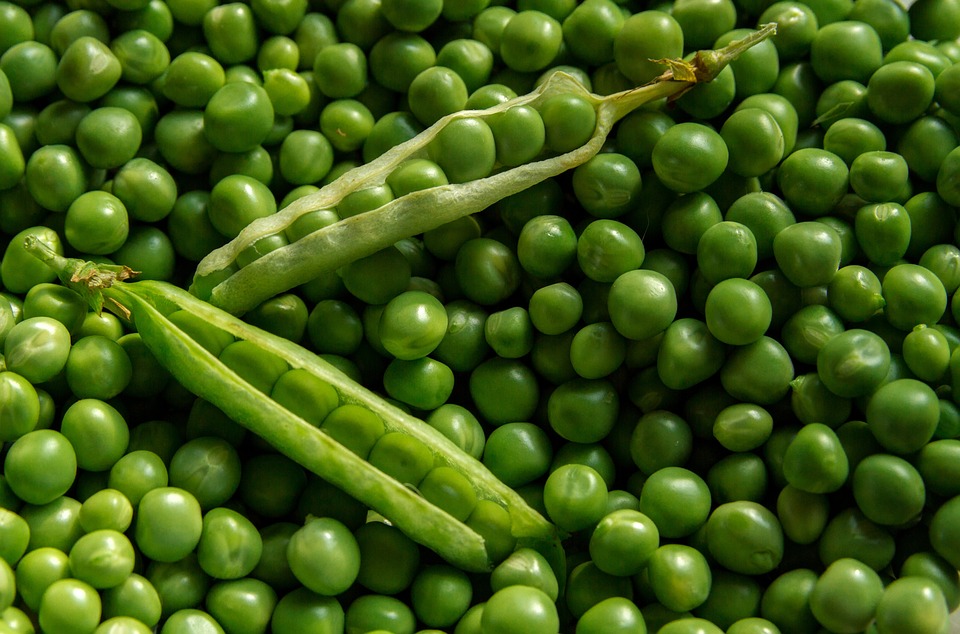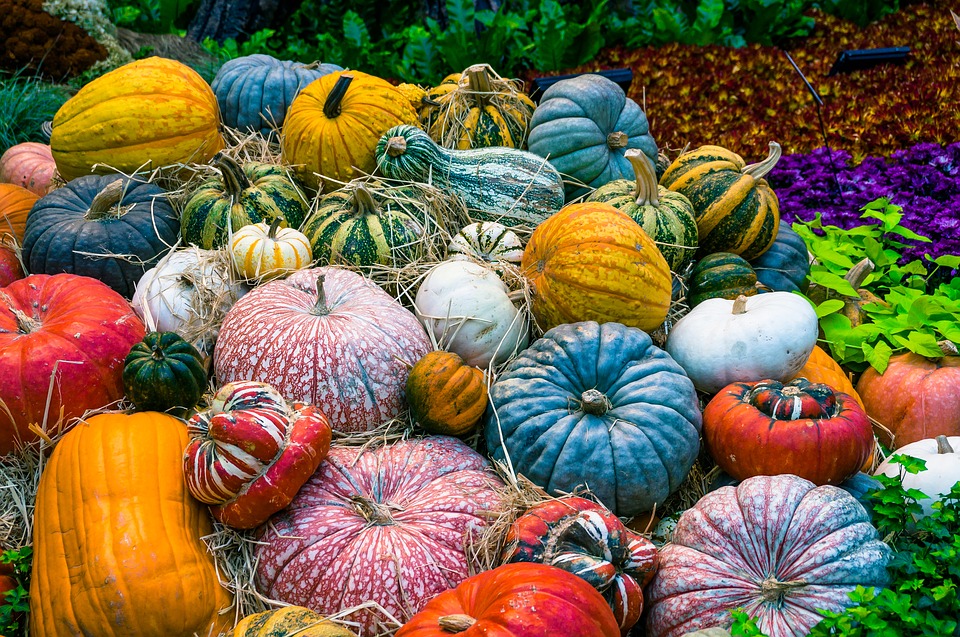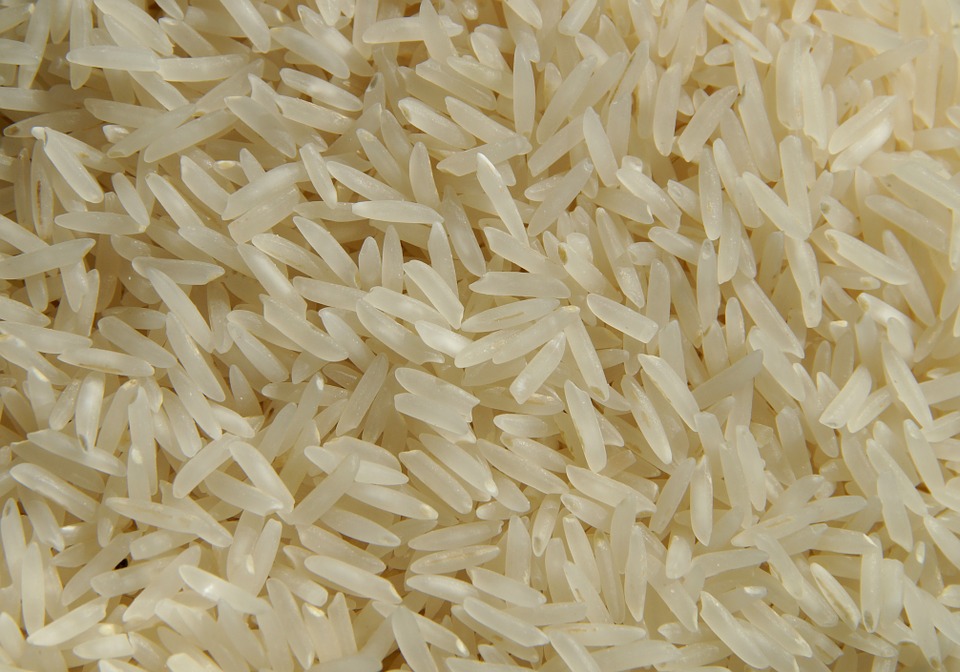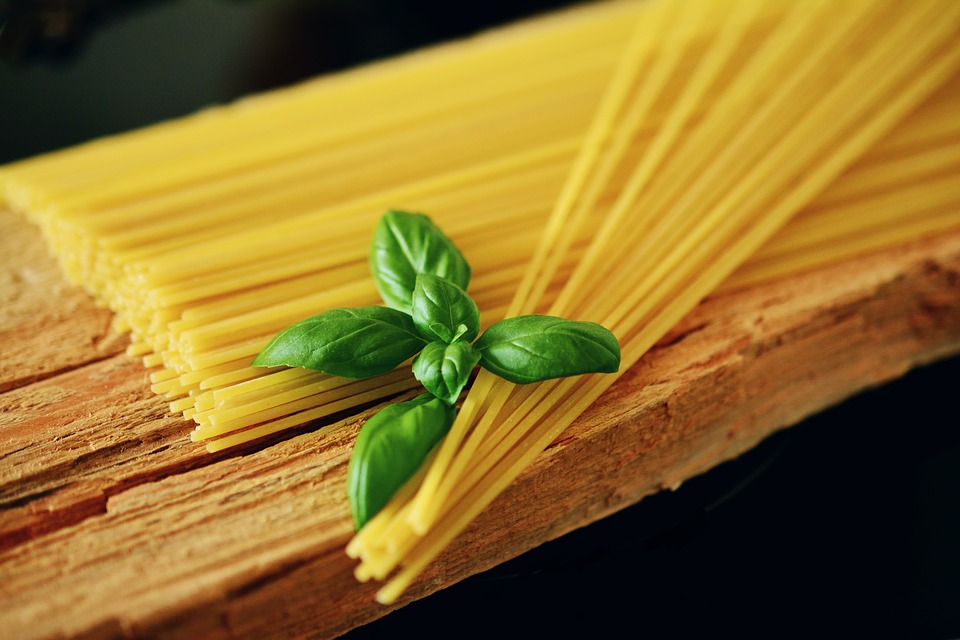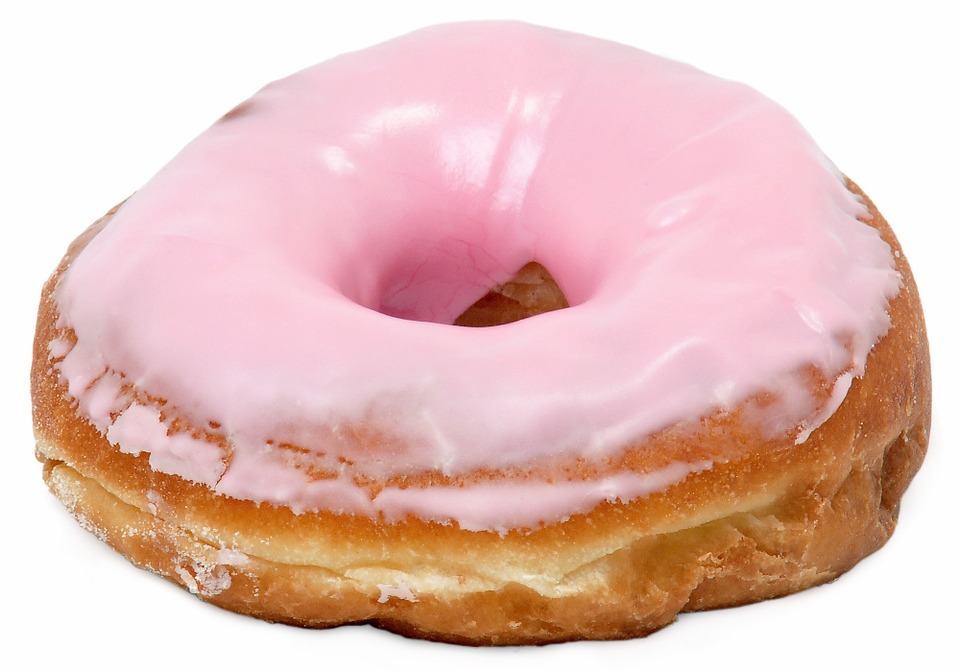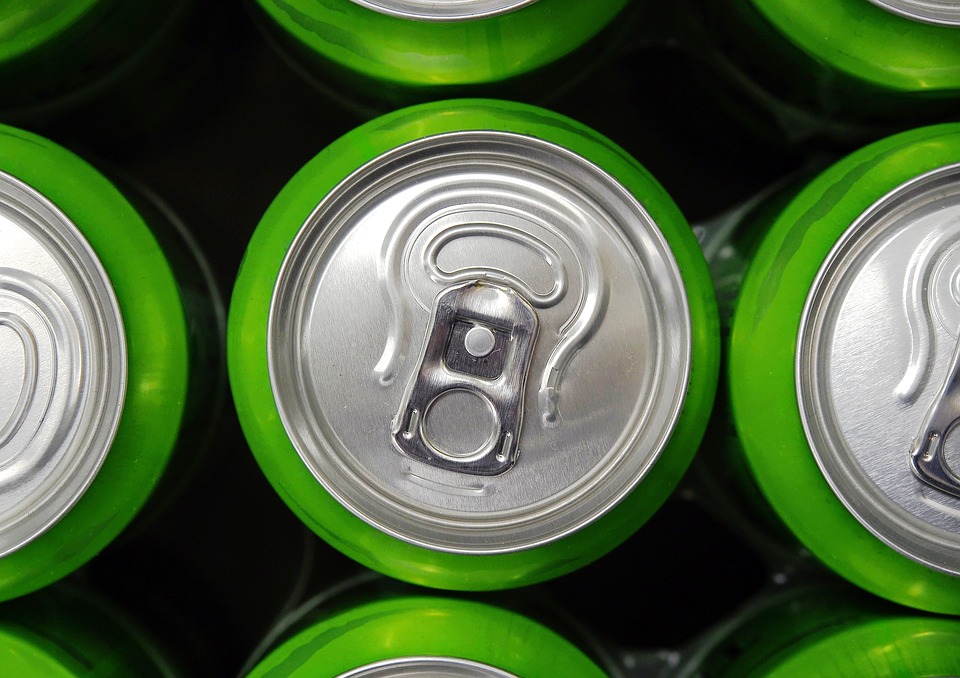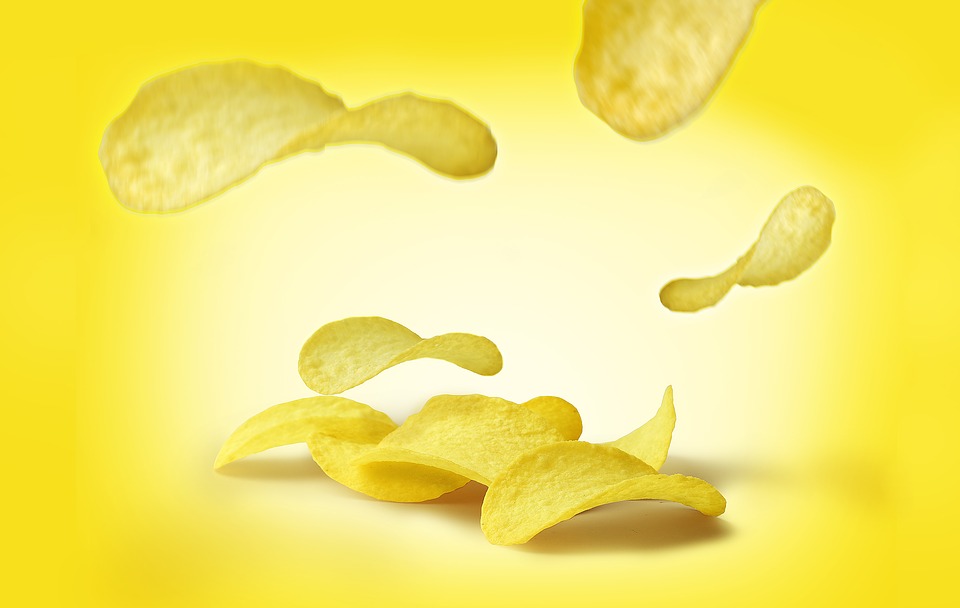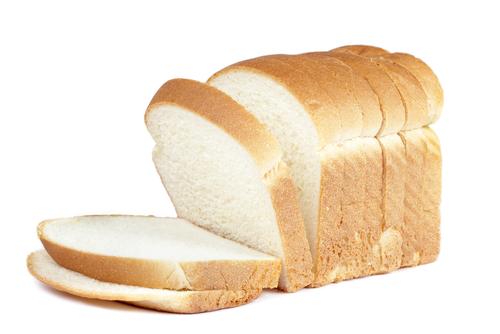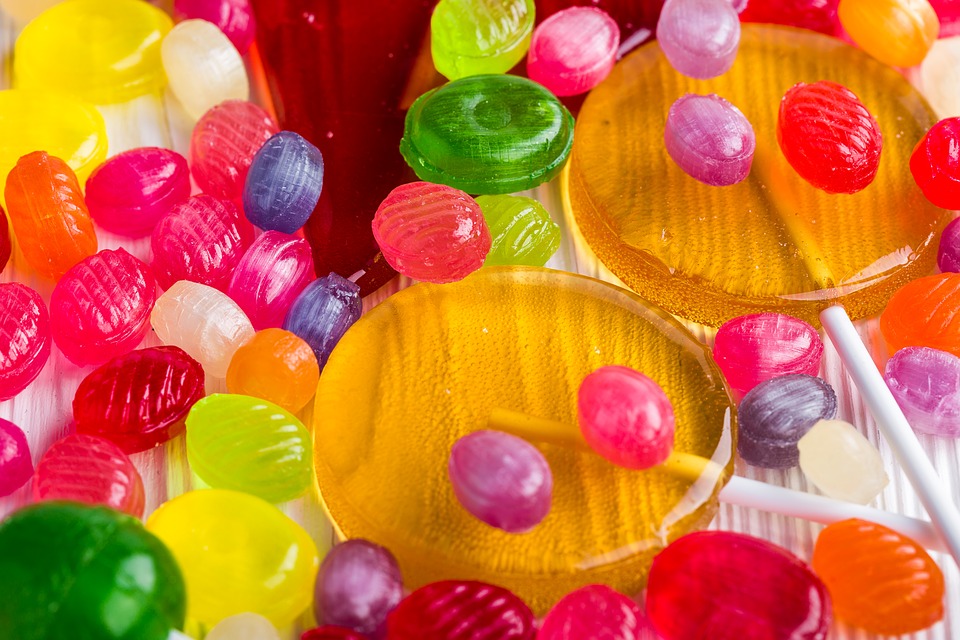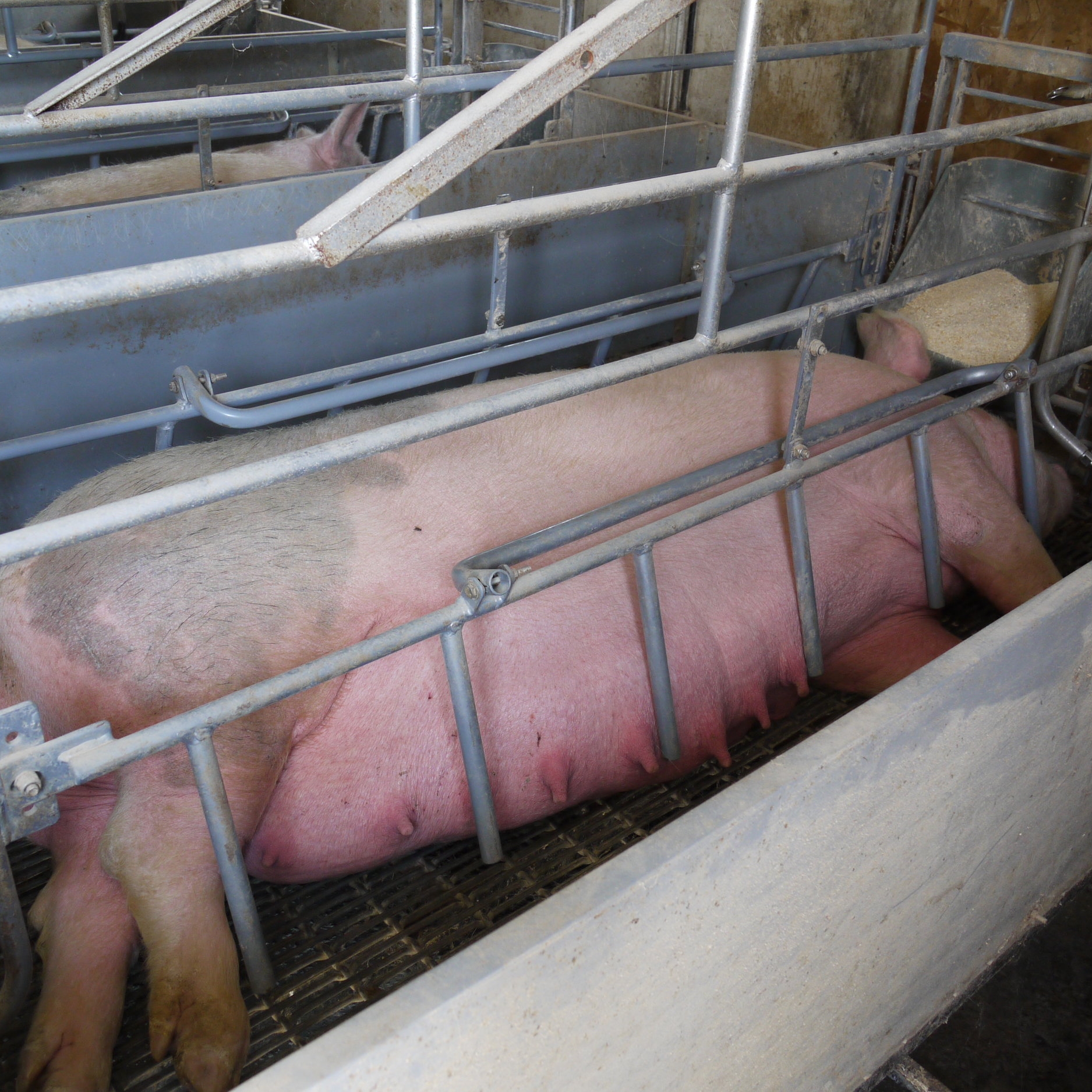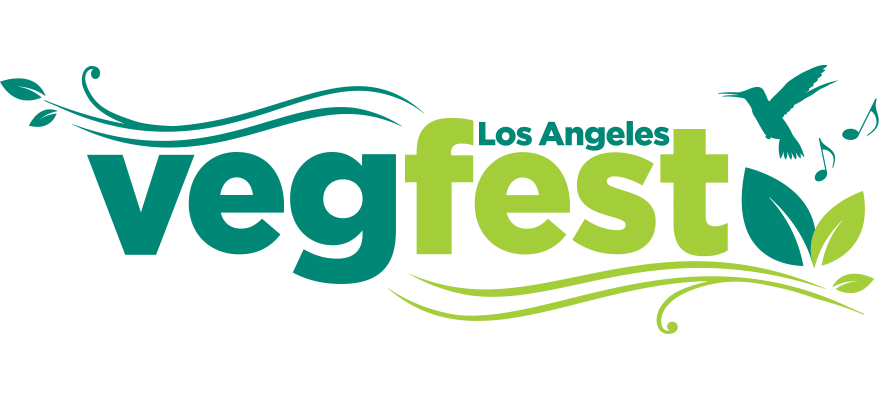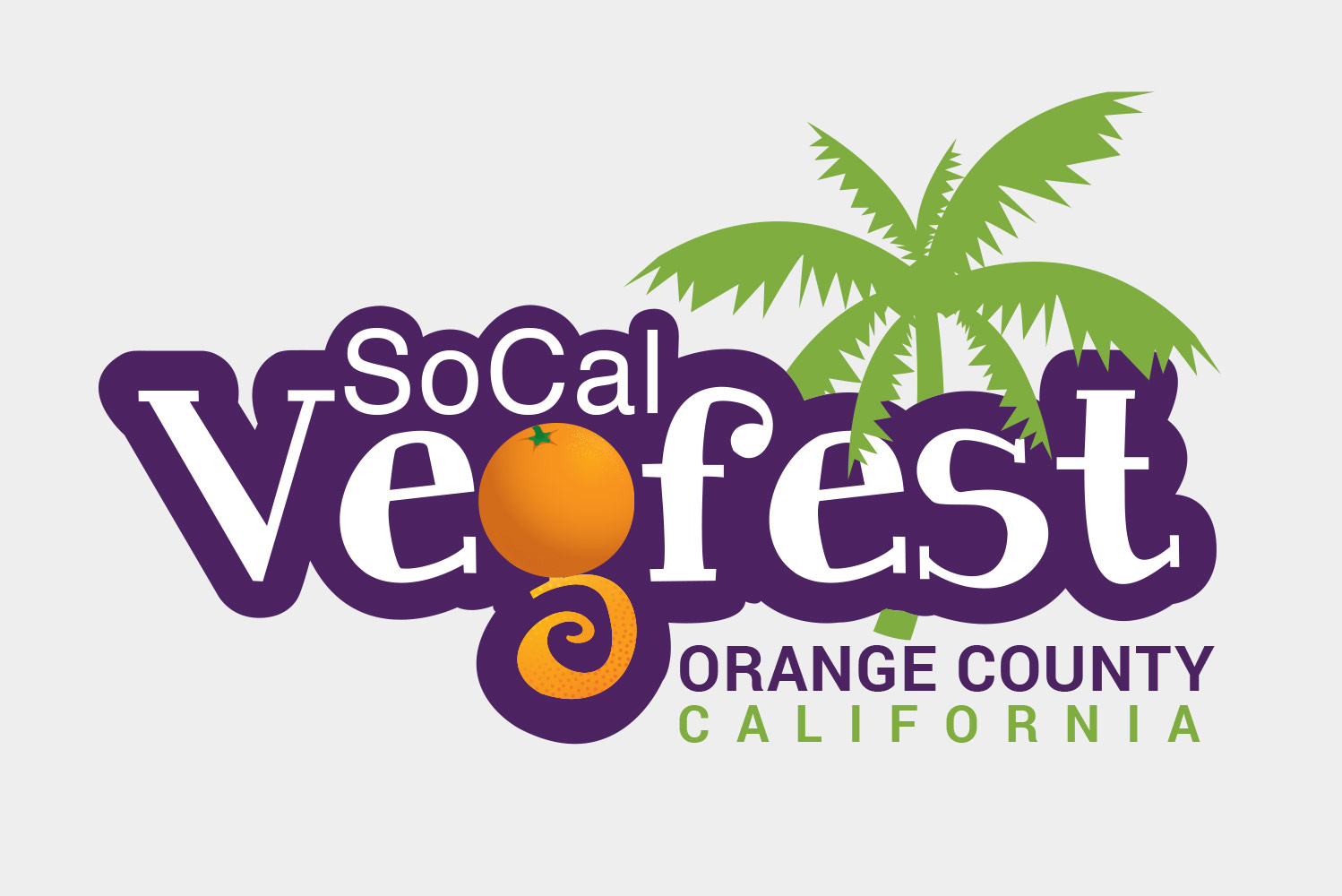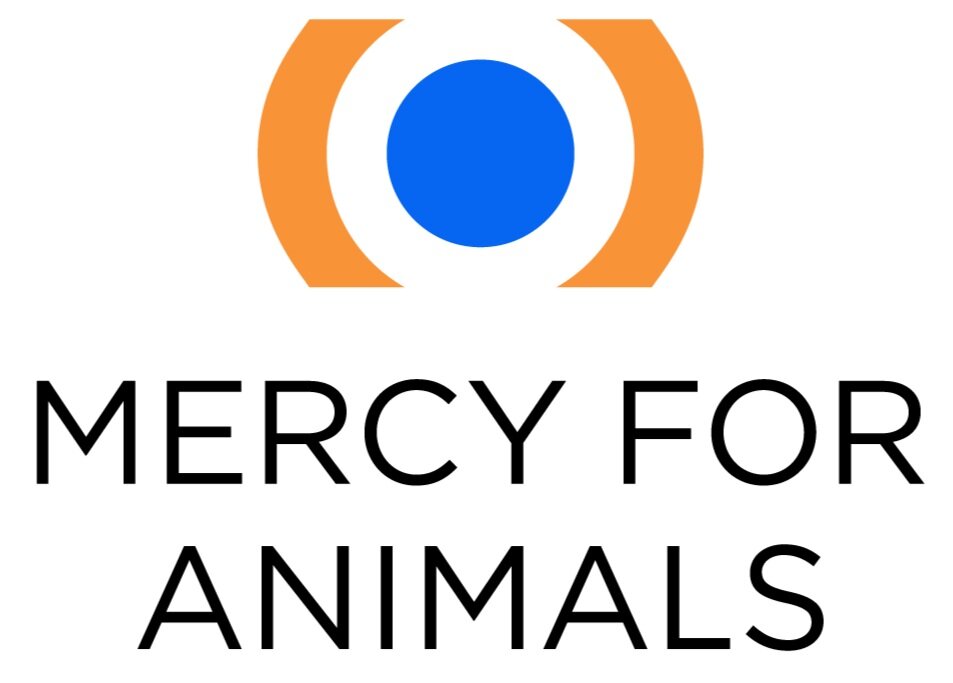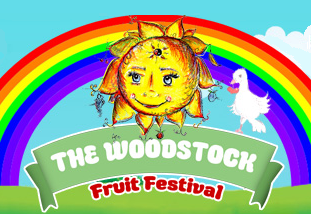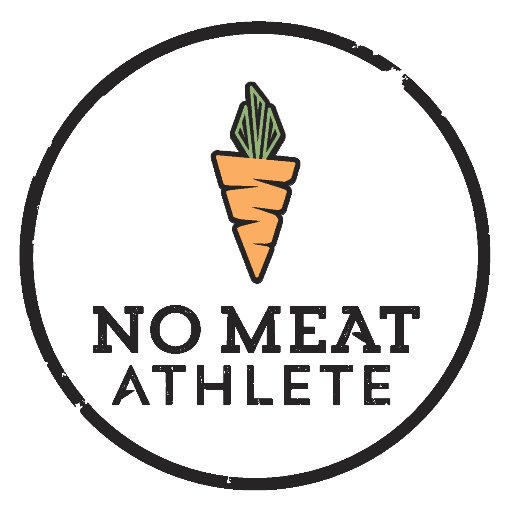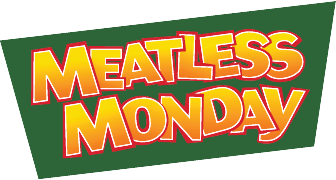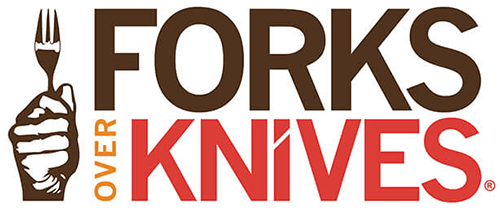According to a new survey, nearly three million people are expected to go vegan this January. Although veganism is a fast growing movement, there are still many people speaking out on how a vegan diet didn’t work for them even after following it for many years. I have seen a lot of people come into this movement and leave and in my opinion, a lot of the reasons they use could of been prevented. Below is a list of the top 15 common reasons why people fail on this diet and lifestyle.
The #1 reason why people fail on a vegan diet, the #1 reason why people fail on a raw vegan diet, and the #1 reason why people fail on almost any given diet is because they are...
1. NOT EATING ENOUGH
When transitioning over to a vegan diet, people tend to eat less because they are coming from a calorically dense diet based off of meat, dairy and eggs. When animal foods are cut out and replaced with plant foods, some newcomers may be left feeling hungrier since the majority of plant foods are lower in calories than animal products. Although plant foods are lower in calories, they are much higher in nutrients and fiber. Instead of blaming a vegan diet for making you tired, weak or deficient, take the responsibility to keep track of exactly how much they were eating based on their current size and activity level. I recommend using the app Chronometer to track both calories and nutrients to make sure you are getting in enough.
The average woman who is moderately active needs to eat a minimum of 2,000 calories per day and the average man who is moderately active needs a minimum of 2,600 calories per day. Specific calorie needs are based on age and activity level so these numbers are simply a baseline to shoot for to maintain your health and your weight. Restricting your calories to lose weight has been shown to be unsustainable long term which is why we still have a billion dollar diet and weight loss industry.
Estimated Calorie Needs per Day, by Age, Sex, and Physical Activity Level:
[a] Sedentary means a lifestyle that includes only the physical activity of independent living.
[b] Moderately Active means a lifestyle that includes physical activity equivalent to walking about 1.5 to 3 miles per day at 3 to 4 miles per hour, in addition to the activities of independent living.
[c] Active means a lifestyle that includes physical activity equivalent to walking more than 3 miles per day at 3 to 4 miles per hour, in addition to the activities of independent living.
[d] Estimates for females do not include women who are pregnant or breastfeeding.
The expert at anything was once a beginner too so don't be afraid to ask for help either. Invest in health coaching and learn from the mistakes of others. All you need to do is eat enough, eat often and be consistent with yourself to be successful on this lifestyle. Millions of vegans across the world are a living and breathing example that a plant based diet works!
2. Not eating enough fruit
No, you don't need to become a full on fruitarian to be successful on a vegan diet but if you are interested in eating more raw living foods or interested in being your healthiest possible self, then where do you think you will get most of your caloric energy from? Incorporating fresh leafy greens and vegetables is definitely part of a healthy diet but can be hard to sustain yourself solely off of since vegetables are low calorie foods. So how do you sustain yourself and get more energy? Eat more fruit! Fruits are high in simple sugars which fuel each and everyone of your cells. Paleo people think all carbs are bad which is not the case at all. If fruit makes one fat then what about the Kenyan marathon runners who eat a diet high in carbohydrates? You don't see them in weight loss clinics, sitting in hospital waiting rooms or spending thousands of dollars on medical bills. No, those are the people who have been limiting their fruit intake because their medical doctor (who only has 19.6 hours of nutrition education) told them to reduce their sugar intake. 97% of Americans are deficient in fiber yet continue to rank as the most obese nation in the world. Fruit is not the culprit when it comes to obesity, staying away from it certainly is. Just let this be a friendly reminder to eat more fruit.
3. Not eating enough VEGETABLES
There’s a nutrient that 97% of Americans are deficient in and that nutrient is not protein, it is fiber. Less than 3% of Americans get even the recommended minimum adequate intake of fiber and this is something that we really need to work on to become healthier more productive members of society. Vegetables, most importantly green leafy vegetables, are some of the healthiest foods on the planet. Along with fruits, these plant foods are not only high in fiber but extremely high in minerals and contain an abundance of carotenoids and antioxidants that protect each and everyone of your cells which plays a crucial role in blocking the early stages of cancer. Greens also contain high levels of fiber, iron, magnesium, potassium and calcium. It’s no wonder people are obsessed with green juices. Play around and experiment with your favorite greens and vegetables and add them in to your favorite smoothies like this delicious green smoothie recipe here. The more greens you incorporate in your diet, the more you’ll notice a difference in your overall health.
4. NOT EATING A VARIETY OF PLANT FOODS
I understand that the majority of the population is not going to go vegan overnight, nonetheless raw, so for people just beginning their transition over to a plant based diet or who would generally like to eat healthier meals, I recommend to include a variety of plant foods into their diet. Changing your diet is not a sprint, it's a marathon. Raw is not going to work for everyone immediately, especially in different climates and environments so take your time when transitioning. Remember, animals are not food, they are living beings. Focus on eating the foods that are grown, not born.
List of plant foods you can choose from:
Fruits
Vegetables and green leafy vegetables
Nuts
Seeds
Beans
Legumes
Starches
Grains
Seaweeds
Plant based milks
Processed vegan convenience foods
“There are over 8,000 edible plant varieties, vegans are only proposing that you cut out a few animal species from your diet.”
5. not stocking up on enough food
Yes, you will need to shop for food a little more often if you want to eat more fresh food. There's really no way around this unless you have a personal assistant/partner who can shop for you or have delicious and exotic fruits and vegetables delivered to your doorstop. Sounds like a dream! If this is not the case for you, I would first recommend making a list of all of your favorite fruits and vegetables. Get to know all of the stores in your area and see which ones sell what you love in bulk. Once a week or so I shop at the following: my local farmers market or fruit stand (I like to support local farms and small business owners), the nearest Asian market (they always have the best fruit), a wholesale club (Costco or Sams Club) and my favorite health food store (anytime I need to grab a specialty item). Do your very best based off of what you have available around you. I recommend to eat seasonally as well so when you buy in bulk, these foods will be the most affordable. Click here to download my free seasonal eating calendar or visit www.seasonalfoodguide.org for more information on seasonal foods in your area.
6. eating too much/too little fat
The great FAT debate! So I've done both experiments long term and I'm here to say that a low fat diet is the way to go. This is even backed by science. Now when I say "low fat", I'm not talking about the 80/10/10 ratio of less than 10% of your calories from fat. A low fat diet is typically eating less than 30% of your total calories from fat, which is a standard recommendation from many reputable health authorities.
If avocados are healthy fats, can we eat unlimited avos?
People need to know that the fat they eat can be the fat they wear depending on what else they are eating, their metabolic rate and their level of activity and fitness. There's a reason why people following the keto diet don't eat carbs. Eating an excessive amount of fats and carbohydrates together can definitely create health problems. Don’t get me wrong, I'm in no way saying to exclude all fat from your diet. Plant fats like avocados, nuts & seeds are healthy sources of fat, just be sure to not go overboard (especially like I did when I took the photo above). Experiment with how much fat you need to feel your best.
So how much fat do you eat? The amount of fat your body needs will differ for each person since we all are either male or female, weigh differently, have differing metabolic rates and activity levels. If you want a general idea of how much fat to shoot for, I would say eat a approximately 20 to 30% of your daily calories from fat for 30 days and then document how you feel. Here’s how you can calculate it. I’m not going to touch on oil since oil is pure liquid fat and is not essential in any diet. Lather up your skin with it but there is no real reason to consume it, unless you're looking to gain weight. Watch Dr. Esselstyn (a cardiac doctor) discuss why we do not need oil in the diet. Dr. Klaper MD also elaborates more on this topic here too.
7. NOT EATING ENOUGH CARBOHYDRATEs
The most common misconception out there is that carbohydrates make you fat. I will say this time and time again and will probably keep repeating myself for the rest of my life…
Carbohydrates do not make you fat!!!
Yes, this is true! Throw all of your misconceptions about carbohydrates out the window. The raw and real reality is that each and every one of the trillions of cells in the human body runs off of glucose. Fiber rich carbohydrates provide most of the calories in a healthy diet and are the main fuel for the brain and muscles. Some of the longest lived and leanest populations (The Okinawans) lived off a diet primarily of high carbohydrate plant foods with little to no animal foods. The most overweight and obese populations eat a diet centered around animal products. While you can certainly get fat on almost any type of diet if you are seriously overeating and under active, the problem is that people assume that all “carbs” are the same and are inherently “bad”. This is not true at all. When looking at carbohydrates, the most important aspect is the type of carbohydrate, not the amount of carbohydrate (high or low) in the diet. For example, healthy carbohydrates such as whole grain, quinoa is a much better choice than refined processed white bread but the keto people assume “a carb is still a carb”. When looking at carbohydrates, look at the quality of carbs you are eating, not necessarily the quantity of carbs you are eating.
Healthy Carbs
Fruits (simple sugars): Apples, bananas, berries, mangoes, melons, oranges, dates, etc.
Starchy vegetables (complex carbs): Potatoes, corn, peas, squash (butternut, pumpkin, acorn) and parsnips. Non-starchy vegetables include: Asparagus, broccoli, carrots, celery, green beans, lettuce and other salad greens, peppers, spinach, tomatoes, and zucchini. These foods contain carbohydrates but a much lower amount than starchy vegetables.
Grains (complex carbs): Rice, pasta, noodles, pastas, crackers, cereals, and bread.
Legumes (complex carbs): Dried beans, lentils, and peas.
Whole foods are part of a healthy and balanced diet. These complex carbs (including simple sugars from whole fruits) pack in more nutrients than simple or processed carbs. They're higher in fiber and much easier to digest. Foods high in fiber also makes them much more filling, which means they will help you feel satiated and even help control your unhealthy cravings from processed junk foods. They're also ideal for people with type 2 diabetes because they help manage blood sugar spikes after meals.
“Carbohydrates are an important part of a healthy diet. But some people consider all carbs, from soda to sweet potatoes, to be equal. Decades of science tell us that this simply isn’t true—the body handles lentils differently than it does lollipops.”
Unhealthy carbs
Processed foods (simple carbs): Chips, cookies, cakes, candies and white bread. sweets, such as cakes, cookies, candy, and other desserts.
Drinks (simple carbs): cooked juices, soft drinks, fruit drinks, sports drinks, and energy drinks that contain refined sugars.
Foods that do not contain any carbohydrates include meat, fish, cheese, nuts and oils.
You definitely want to limit or stay away from these types of carbohydrates. They have all been linked to cancer, diabetes and obesity which can shorten your lifestyle and diminish your quality of life.
“Processed foods not only extend shelf life but extend the waistline as well.”
How ironic that with such a negative stigma surrounding carbohydrates, Americans still rank as the most obese nation in the world and still have the mentality that carbs are bad and more protein is good. Glucose does not make you fat, nor does fructose. What does make you fat is developing insulin resistance over a long period of time due to either over consumption or even extreme under consumption of foods along with a lack of nutrient density in the diet. Even if you are slightly deficient in certain nutrients, your body is not going to be able to complete the metabolic processes needed to run itself and fuel the hormonal processes needed to be healthy.
8. NOT BUYING WHAT YOU LOVE
Not all of us like the same types of foods. I’m not a fan of mushrooms or asparagus, yuck! Ironically for a raw vegan, I do not eat a lot of bananas either, certainly not 30 like the 30 bananas a day crew. It’s ok to have different food preferences. I only eat bananas when they’re blended up in a smoothie or frozen and made into banana ice cream with lots of dates and vanilla bean powder. My favorite fruit would have to be mangoes and that’s why when I can, I buy boxes of them. To stay successful on a vegan diet, I recommend that you source your favorite fruits and vegetables and purchase them in bulk. If you’re not eating what you love, then you’re wasting your time.
9. Lack of education on animal agriculture practices
Was the food that you eat born into this world? Did it have a mother? Was it stolen from their family shortly after birth and robbed of love just so you can eat one meal? Even if you purchase grass fed, organic, cage free, humanely raised and slaughtered, this doesn’t take away from the shortened life of an animal just to satisfy your taste buds. 98% of pig farms use gestation crates where pigs cannot move or turn over for 2.5 years while they give birth and nurse their young. They cannot even turn around or love their own. Tell me how the taste of bacon is worth this much suffering? Instead supporting a cruel industry, make these 15 easy plant based bacon recipes instead to avoid contributing to the needlessly suffering of animals.
“Animals are not ours to eat, wear, experiment on, use for entertainment, or abuse in any other way.”
Many think factory farmed animals is the main culprit but “grass fed” beef production is actually worse for our planet because grass takes up more room than any other crop since grass is caloric deficient per acre. Grass Fed beef produces 50-60% more greenhouse gases than feedlot cattle and has as much as four times more methane emissions. If everyone in the United States followed meat based diets like paleo, then we would need multiple planets to sustain ourselves to feed the US alone. Not only is paleo unhealthy, it is completely unsustainable to our planet.
10. PREEXISTING HEALTH CONDITIONS
A lot of people come to a vegan or raw diet when they are very sick (like I was) hoping that these specific diets will fix all of their health issues quickly. I was definitely impatient at the beginning of my healing journey and wanted instant results so I experimented with a lot of "quick fixes" and cleanses. Little did I know that my results would not last long term since healing comes from sticking with a healthy lifestyle consistently, not from following a restrictive diet that you can only stay on for a short period of time. A lot of us fail to understand that an extremely unhealthy lifestyle of junk food, drinking alcohol excessively, smoking, prescription drugs, lack of sleep, lack of exercise, stress, dehydration, gut issues, auto immune disorders, using toxic products, on top of genetic weaknesses we've acquired from our parents can take a long time to heal from. This doesn't mean it cannot be done, it just means that we need to practice patience with the entire process from start to finish. Try not to compare your journey with someone else’s as not everyone has the same past or health history.
11. PSYCHOLOGICAL DISORDERS: EATING & MENTAL
I will say this over and over again, a vegan or raw food diet WILL NOT fix your underlying eating or mental disorders. Yes, my depression greatly improved when I switched over from a standard american diet to a healthy vegan diet but this was because I was making better choices in my life overall. Healing from depression did not stem from one thing or one change that I made. An eating disorder is defined as a psychological disorder. By only changing up what you are eating, you are not addressing the underlying root cause of why you have disordered eating in the first place. Unfortunately a lot of eating disorders are now played out in the public thanks to social media and “influencers” like Jordan Younger who made a lot of money from a book smearing a vegan diet to be “life threatening”. In all reality, Jordan put herself through an extreme calorie restrictive diet that consisted of only juice cleanses. This is certainly not a healthy or sustainable example of veganism. People like Jordan need to be called out because they are not taking responsibility for what truly caused their health issues, their own irresponsible choices.
12. LACK OF SELF RESPONSIBILITY
Every now and then we see people are quick to blame external factors (or a specific diet) and slow to take responsibility for their past choices for creating their current health issues. I get it, it’s hard to own up to your past mistakes. We were just doing what we thought was best for us and our families at the time. Forgive yourself and move on. Most of the people online claiming that veganism did not work for them are currently making a living off of sharing their lifestyle online. Certain YouTube “influencers” can make anywhere between $10K to $100K from views or sponsors. Talk about unbiased content out there on YouTube, but what can you do, some of us just want to make a living. This is the future of television and entertainment. Watching someone project a false reality online. Think about it, companies are spending less money on advertising and instead paying “influencers” to market their products for them. People think this is a dream career but it’s really not when you’re selling out and nothing sharing the raw and real truth. We can’t hate the people playing this game, we just need to be aware and not fall for the biased information that they’re spreading. If you want to live in a better world, I always say to just keep it raw and real!
13. not reaching out to a community
Looking at Faunalytics’ Study Of Current And Former Vegetarians And Vegans, about 84% of those that failed at veganism were not involved in social organizations such as potlucks, online communities, or vegan festivals. Reaching out to others who have been living this lifestyle longer than you can help encourage you to stay on track. There are so many organizations and communities you can reach out to that will connect you with other like minded vegans. Below are a couple of my recommendations to check out.
14. Caring too much about what other people think
The less you care about what others think, the better your life will become! Don’t be afraid to stand up against the crowd. It’s better to walk alone in the right direction than with a crowd going in the wrong direction. Stand up for compassion and the oppression of animals even if you stand alone. Standing up may initially be scary but it inspires others to do so as well. The truth is still truth even if everyone doesn’t believe or see it. Still need more convincing? Learn more about veganism here.
15. NOT MAKING THE CONNECTION
Veganism is not only a diet choice, it’s an ethical stance and personal philosophy that you choose for life. If you don’t have a strong reason WHY you are doing something, eventually life will get in the way of your goals and you will start falling for your own excuses and eventually look for a way out. By making the connection with veganism, you connect animal suffering with human suffering. You realize that all beings, regardless of species, feel pain and want to live. Just as racism, sexism and heterosexism exist, speciesism also exists. You cannot be against one form of discrimination but for another because doing so is morally inconsistent. Make the connection today and the choice to live and stay vegan.














